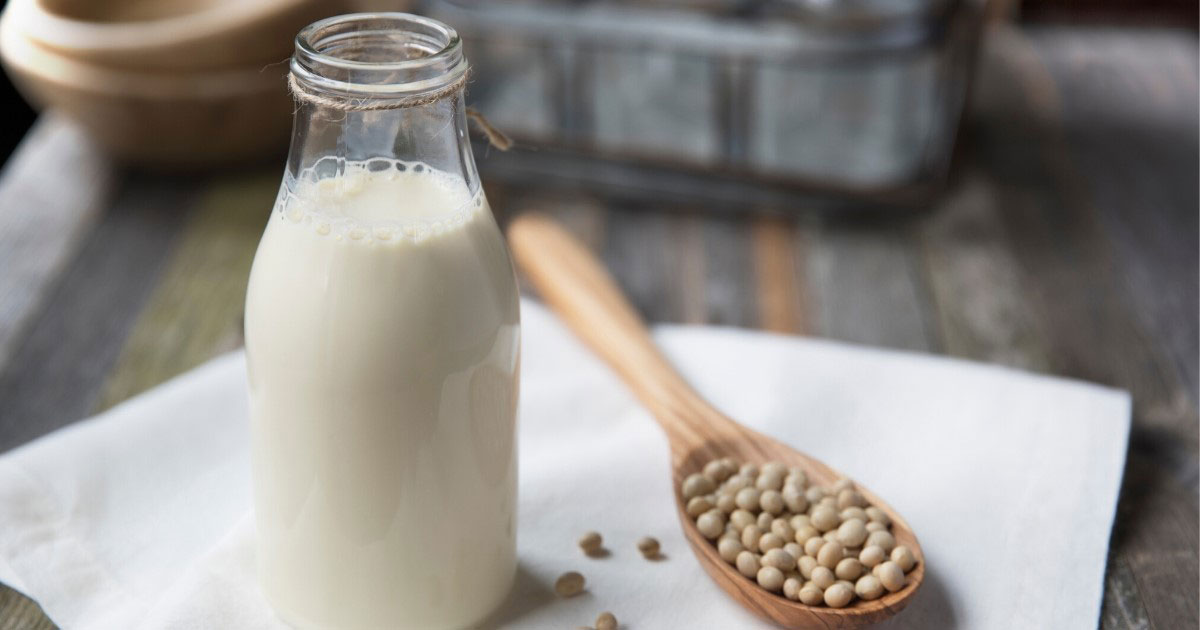Plant milks – good for you and the planet!

In ‘The unhealthy truth about non-dairy milk’ all kinds of disparaging and inaccurate comments about plant milks were thrown about. For example, how nutritionally inferior they are, how they are packed with sugar and the punch line, how they are responsible for deforestation!
The nutritionist quoted appears to be a lot more pro-plant milk than the journalist who wrote the article! A quick look at the recipes on her website reveal oat milk, soya yoghurt, coconut milk and more being used in a range of largely plant-based recipes.
She suggests choosing milks with added calcium, vitamin D and B12 – good advice. These supply similar amounts of these nutrients as cow’s milk but without the animal protein, saturated fat and hormones – yes hormones! Milk contains a cocktail of hormones and growth factors designed to turn a calf into an adult cow in a little over one year.
The article says fortified dairy milk might have added Vitamin D. Not in the UK – the NHS say: “In the UK, cow’s milk is generally not a good source of vitamin D because it isn’t fortified, as it is in some other countries”. This is lazy journalism.
Dairy does contain iodine – from supplements in cattle feed and disinfectant teat washes used to combat the high levels of mastitis (udder infections) affecting a third of all dairy cows at any one time. The article says you can only get iodine from food sources in milk and fish. This is wrong too – fruit, veg and grains contain variable, but low, levels and seaweed is an excellent rich source – that’s where I get mine.
For sugar, well cow’s milk actually contains more sugar than most plant milks and unsweetened plant milks have almost no sugar.
The real clanger though was how the article said that Greenpeace describes soya farming as the ‘leading cause of deforestation’ in the Amazon and how The Grocer reports that it is Britain’s best-selling milk alternative.
The vast majority – around 94 per cent – of the soya grown in the Amazon is fed to animals for meat and dairy. Most of the soya foods consumed in the UK are made with beans sourced from Europe and the US. Plant-based milk manufacturers Alpro, for example, don’t use soya from the Amazon. If you want to see less deforestation, ditch meat and dairy and eat more soya!
For a comparison of cow’s milk and plant milks see our table under What a difference a diet makes.




